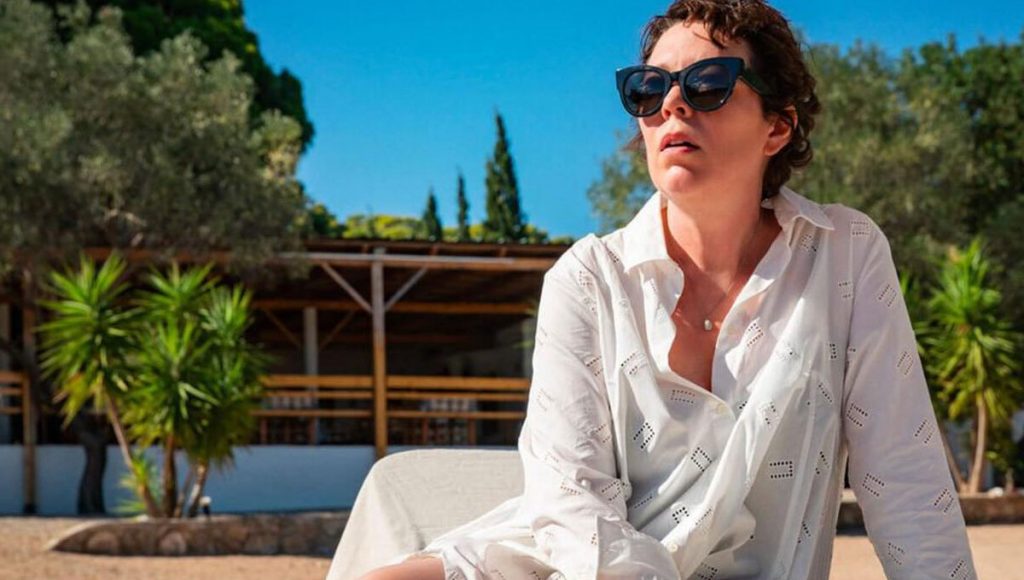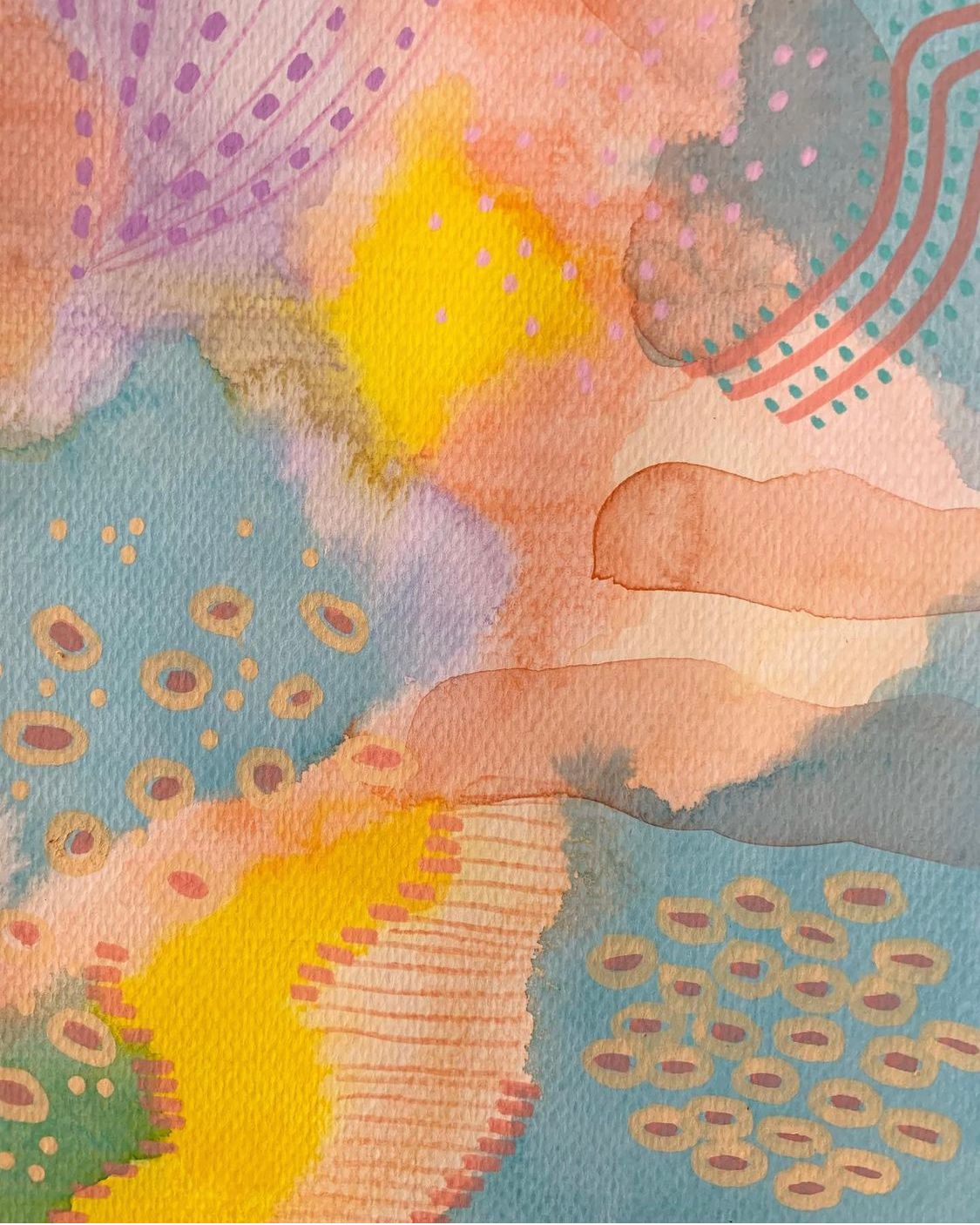There has probably never been so much information about motherhood and parenting. Thousands and thousands of pages offering answers, recommendations, suggestions and formulas to deal with the most diverse types of doubts, problems, fears and questions. "How to get your baby to sleep in 5 minutes", "10 foolproof tips for longer naps", "5 amazing steps for your child's food introduction", and so on. In addition to the internet, we have, of course, the advice and tidbits of those around us.
Sometimes, this access to information happens indirectly, not by advice or suggestion, but simply by observing other mothers, other ways of doing, other motherings. This experience can be enriching, open new paths, and can also lead to a constant comparison that can be quite harmful, putting the mother you are at stake, sometimes even establishing judgments and competitions.
Thus, it can be very easy to get lost in this ocean of tips, recommendations, ideas. What to do, then, with this volume of information?
Winnicott, an English psychoanalyst, reminds us that there is something that happens in the intimacy between mother and baby that cannot be taught, a kind of maternal knowledge, a specialized knowledge that each mother develops with her baby. In your book Babies and their mothers , he states that:
The most difficult task in preparing a series of lectures and books on infant care is to know how to avoid disturbing what develops naturally in mothers, while at the same time informing them accurately of the useful knowledge resulting from scientific research.
It is important to emphasize that the term "naturally" could lead to an understanding that it is an almost innate knowledge, natural in the sense that every woman would already know how to do it. Here I make the caveat, because no one is born knowing how to take care of a baby, it is something that is learned, in the most diverse ways. You learn by watching other people take care of babies, you learn by reading, you learn by doing. By this, I mean that such a task requires energy, investment, work.
That said, Winnicott's quotation seems to bring precisely the challenge of finding the measure between a scientific knowledge and a so-called natural knowledge, which I associate here with a doing, with a learned knowledge. This knowledge comes, then, from experiences that precede the arrival of the baby and also from something that occurs in the relationship between the mother and her baby specifically. In this way, it seems to me, adopting universal formulas, or following magical advice, can often overlook the uniqueness of this dyad. Each mother is unique, each baby is unique. There is no single answer.
In this way, access to information is not harmful in itself, except in cases where it is disinformation, of course. I would say that it is then a question of doubting, questioning, so that one does not run the risk of disallowing oneself as a mother or fathers , locating knowledge in an always external way.
Faced with a book, an article, a medical consultation, we may ask, does this apply to my baby? Does this make sense to me? Which maternity/paternity do I want to build? These are some questions that open space to choose what to do with the suggestion or advice we receive. In other words, following the advice or formula is not mandatory, nor does it make a mother worse or better. I then remember other words of Winnicott:
I want you to be able to feel confident in your ability as mothers, and not to think that, because you don't have a deep knowledge of vitamins, you don't know, for example, how to hold your baby in your arms.
Motherhood is plural. No one knows your baby better than you.






